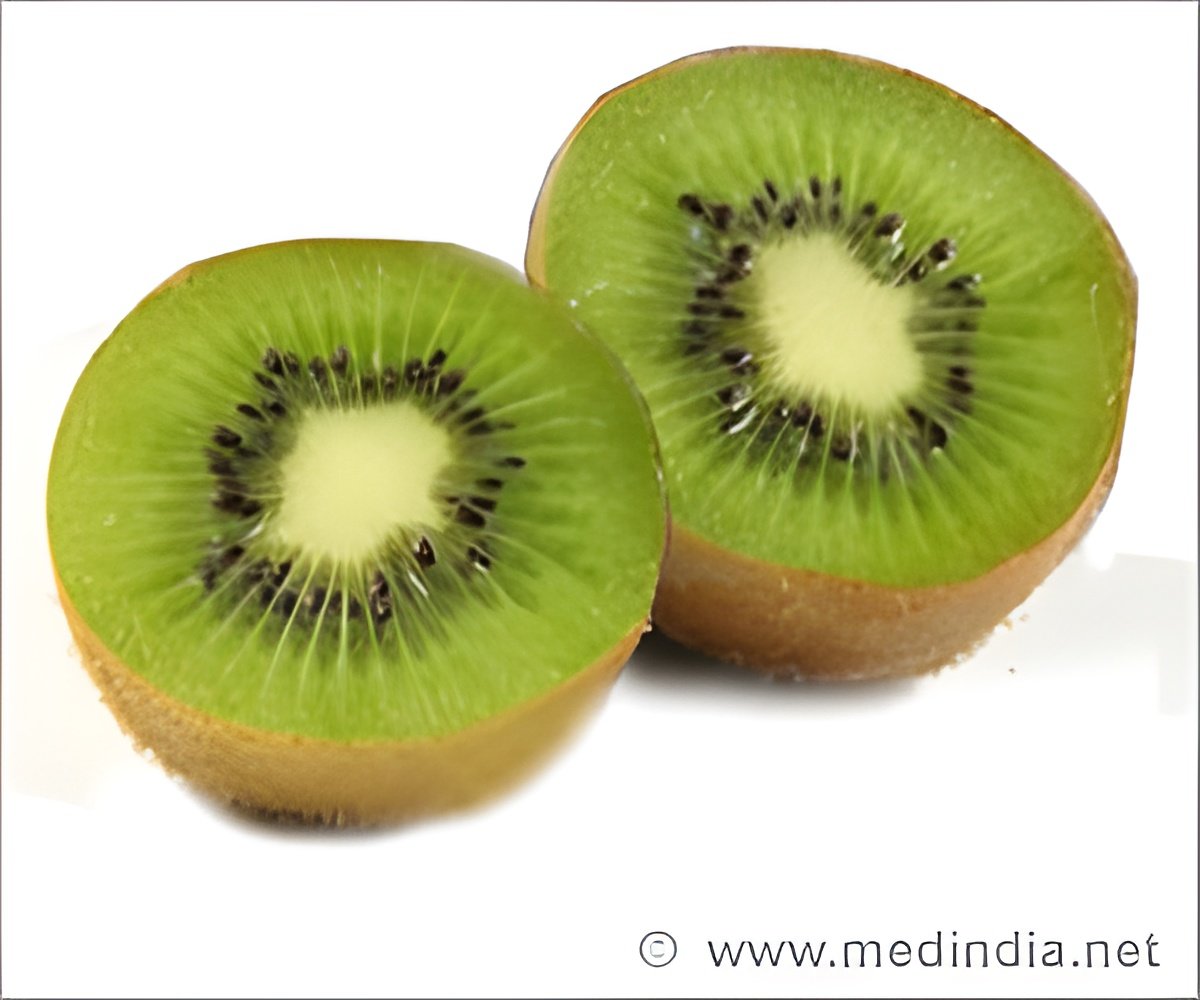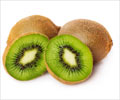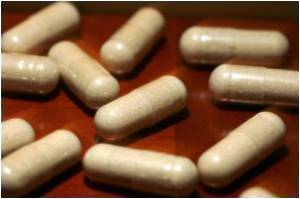
Zhangjun Fei, a scientist from the Boyce Thompson Institute at Cornell University, said that the kiwifruit is an economically and nutritionally important fruit crop.
He said that the fruit has long been called 'the king of fruits' because of its remarkably high vitamin C content and balanced nutritional composition of minerals, dietary fiber and other health-benefits.
One of the most remarkable findings of the study was uncovered when scientists observed a high percentage of similarities within the kiwifruit DNA.
The data revealed two unusual mishaps that occurred in the process of cell division about 27 and 80 million years ago, when an extensive expansion of genes arose from an entire extra copy of the genome, followed by extensive gene loss.
Fei said that the kiwifruit genome has undergone two recent whole-genome duplication events.
Advertisement
Fei said that the duplication contributed to adding additional members of gene families that are involved in regulating important kiwifruit characteristics, like fruit vitamin C, flavonoid and carotenoid metabolism.
Advertisement
Source-ANI














